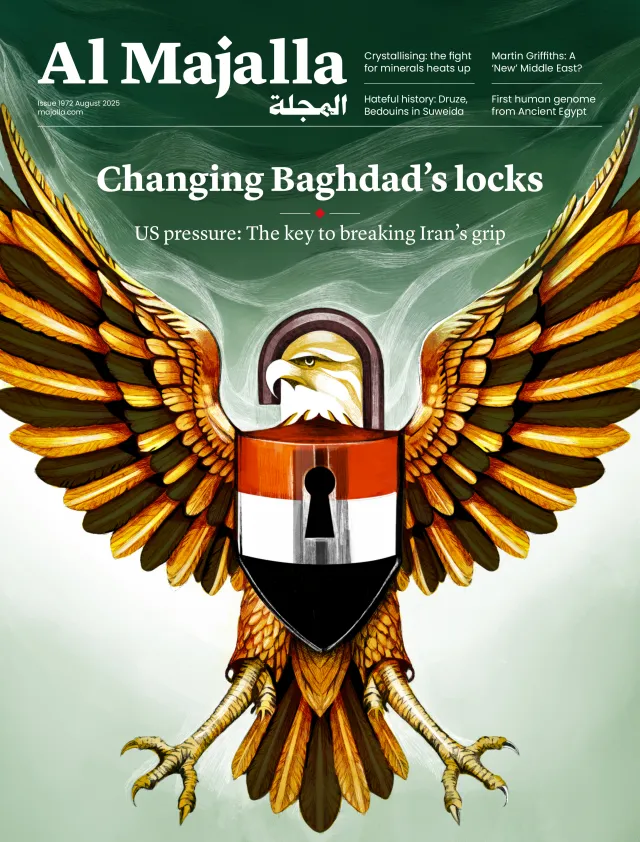There is no doubt that the violence in the predominantly Druze city Suweida over recent days represent the most serious test for Syria and its new leadership since the fall of the Assad regime late last year.
Other tests have come close, including the coastal violence in Alawite areas in March, the fighting in Druze neighbourhoods such as Jaramana and Ashrafiyat Sahnaya in January-February, and the church bombing in Damascus in June, but what has happened in Suweida over the past few days is a watershed moment. Syria post-Suweida will not be the same as Syria before.
One thing that has become clear is a clear Arab and regional willingness to preserve Syria’s stability and prevent its collapse into fragmentation and bloodshed, which could invite the return of Iran and Islamic State (IS). Statements from US Secretary of State Marco Rubio and Arab capitals convey this message.
Overt engagement
Israel has repeatedly declared two red lines: protecting the Druze and establishing a demilitarised buffer-zone in southern Syria, with no heavy weapons or aircraft. There are rumours that Israeli Prime Minister Benjamin Netanyahu presented US President Donald Trump with a plan to divide Syria, with Israel supporting a southern region, incorporating Suweida.
Tel Aviv has long backed the Druze, so when Damascus sent its forces to reassert control over Suweida, Israel bombed them. Some suggested a misunderstanding following Syrian-Israeli meetings in Azerbaijan. More likely, however, it was Netanyahu’s growing defiance of Washington’s preferrences.




